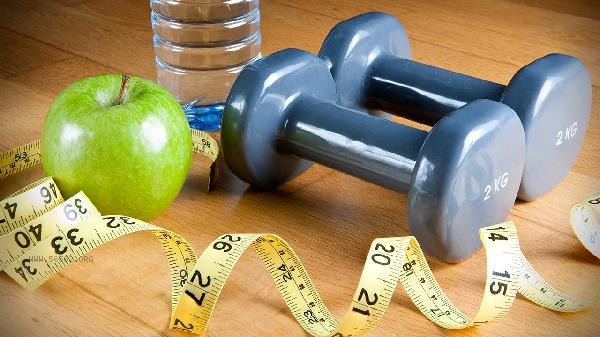Working out after work is more suitable for people who need to quickly release stress, while working out after dinner is more suitable for people who need stable energy support. Both time periods have their own advantages and disadvantages, and the choice depends on individual sleep patterns, digestive abilities, and exercise goals. After work fitness can utilize the increased adrenaline levels after work to improve athletic performance, especially suitable for high-intensity interval training or strength training. At this point, the body has fully warmed up after a day of activity, with a lower risk of injury, and the endorphins produced after exercise help alleviate work stress. But fasting exercise may lead to hypoglycemia, it is recommended to supplement a small amount of carbohydrates such as bananas before exercise. After exercise, it is necessary to supplement protein in a timely manner to help muscle repair and avoid late night eating that affects sleep quality.

Adequate digestion time should be reserved for exercising after dinner. It is generally recommended to rest for one hour after meals before engaging in low-intensity exercise, and then engage in moderate to high-intensity exercise two hours later. Exercise after meals can utilize the energy provided by food, reduce exercise fatigue, and is suitable for endurance training or group courses. But full body exercise may cause gastrointestinal discomfort, and hypertensive individuals should be alert to the risk of postprandial blood pressure fluctuations. It is recommended to stretch thoroughly after exercising at night to avoid overexcitement of the nerves that may affect sleep.

Regardless of which time period is chosen, it is recommended to fix the exercise time to form a biological clock memory, and pay attention to hydration and warm-up before and after exercise. Adjust the intensity according to your own schedule and avoid vigorous exercise two hours before bedtime. Regularly evaluate the effectiveness of exercise and consult professional coaches to develop personalized plans if necessary. Long term persistence is more important than indecisive periods, and maintaining regular exercise three or more times a week is necessary to achieve ideal results.








Comments (0)
Leave a Comment
No comments yet
Be the first to share your thoughts!